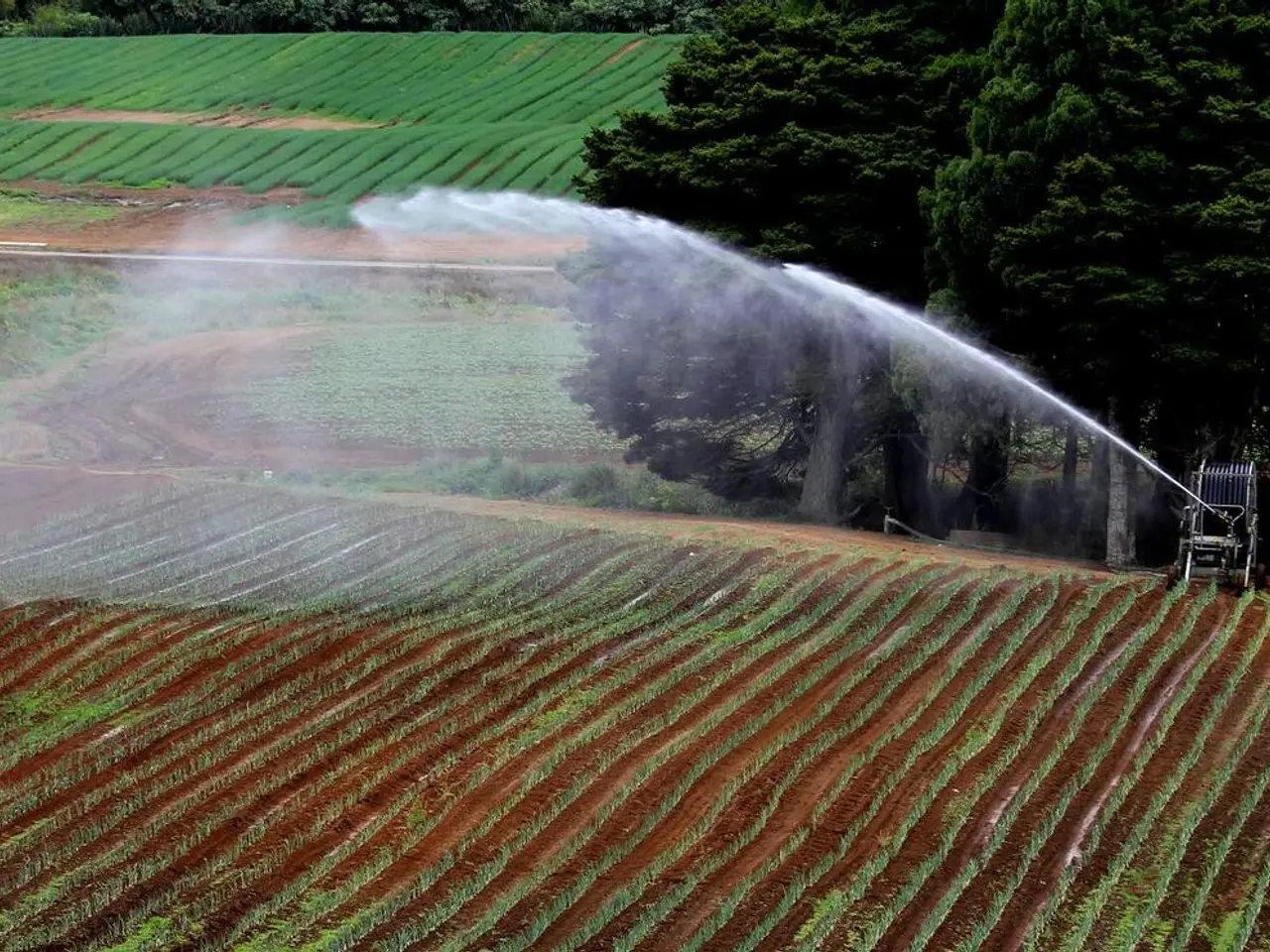Human Survival and Financial Hurdles in Cultural Settings
In many societies across the globe, cultural barriers significantly restrict women's economic participation in agriculture, reinforcing traditional gender roles that limit access to resources, land, education, and financial services. This inequality not only hinders women's agency and economic empowerment but also has profound implications for societal survival.
Restrictive gender roles often prescribe women to domestic or supportive roles rather than decision-making or ownership roles in agriculture. This constraint on agency is evident in various societies, where women are confined to low-paying, labor-intensive tasks with limited opportunities for advancement or ownership.
One of the key obstacles women face is access to critical resources such as land rights, credit, education, and agricultural inputs. For instance, programs like HERVeg.05 in Tanzania aim to address these issues by providing nutrient-dense seeds, training, and flexible payment options to vulnerable women farmers.
In many societies, social customs and traditions suppress women's participation in profitable agricultural activities, maintaining gender disparities in labor and income. This can be seen in Uganda, where cultural and social restraints limit women's roles to low-paying tasks, reducing their economic contribution and empowerment.
Interestingly, in wealthier households or societies with persistent male-breadwinner norms, even with increasing economic opportunities, married women may reduce labor market participation, influenced by cultural expectations about gender roles. This dynamic has been documented in countries like India and Vietnam, showing the complex interaction between economic growth and cultural gender norms.
Addressing these barriers requires more than just policy interventions; it necessitates changing societal attitudes to enable equitable participation and empowerment of women in agriculture. Equal access to resources by women could significantly increase agricultural outputs in developing countries, enhancing food security and economic sustainability.
Fostering inclusive economic participation is vital for enhancing human survival in the future. Reduced innovation and productivity can result from significant portions of the population being excluded from economic activities. Moreover, cultural attitudes that limit participation in the economy can indirectly affect health outcomes and overall community resilience.
In conclusion, the survival of the human species depends on both biological adaptability and cultural dynamics. Breaking down the cultural barriers that limit women's economic participation in agriculture is a crucial step towards a sustainable future, one where everyone has an equal opportunity to thrive.
Science can shed light on the evolution of gender roles in agriculture, highlighting how these roles have impacted women's survival and health-and-wellness. For instance, research may reveal how traditional gender roles have constrained women's access to resources, such as land and credit, which impact their fitness-and-exercise and overall well-being.
By understanding the implications of restrictive gender roles on women's economic empowerment, we can advocate for policies that promote women's participation in agriculture and healthcare. For example, policies that provide equal access to resources, education, and financial services can help bridge the gap between men and women in terms of health outcomes and fitness levels.
Addressing gender disparities in access to resources in agriculture and other sectors can also enhance societal survival by promoting innovation and productivity. A healthier and more educated population is better equipped to adapt to changes in the environment and to respond to challenges that arise, thereby ensuring the survival and well-being of future generations.




